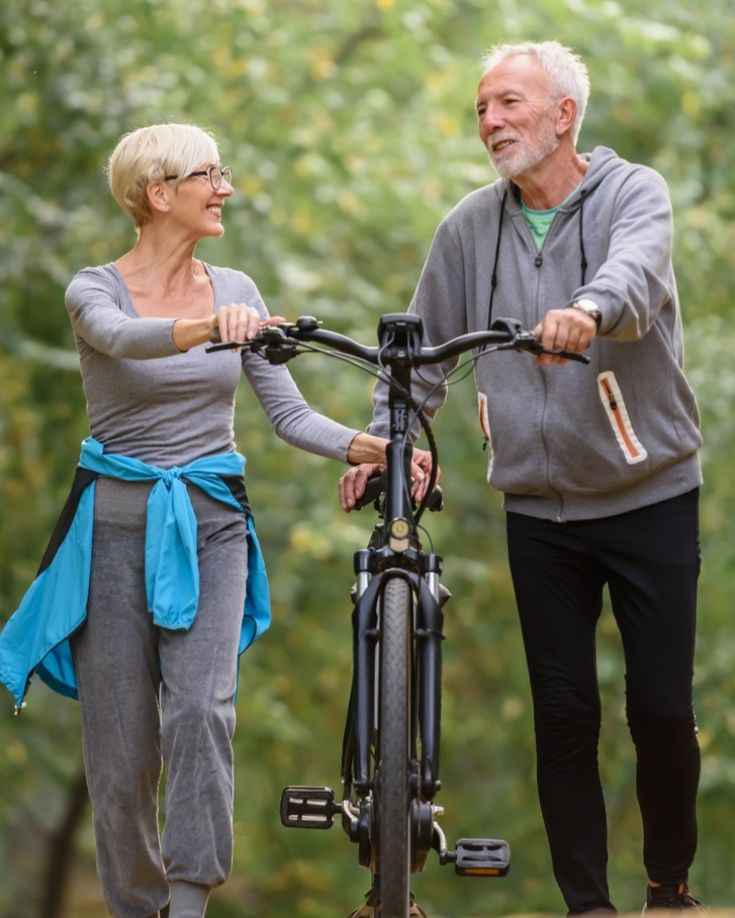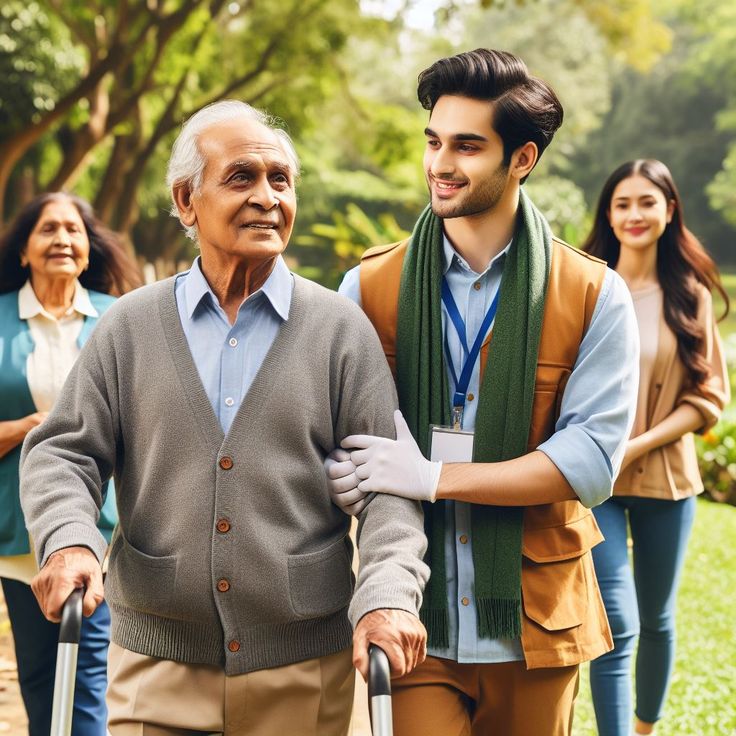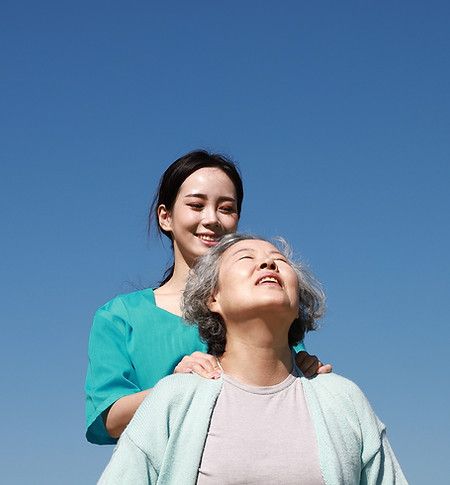
Some years back, I went to see a friend looking after her 83-year-old father. Despite his slow movement and memory issues, he maintained a lively personality and engaged in a daily 10-minute dance routine every morning. “He claims it’s his anti-aging pill,” she chuckled. Is he correct? He was not incorrect.
Being a PhD biologist passionate about the science of aging, I can assure you: over time, tiny, daily habits like activity, laughing, healthy meals, and social connection stack up in strong ways. They can reduce your risk for chronic diseases, enhance brain health, and even help halt the biological aging clock. If you care for someone, you require that long-lasting enchantment more than ever.
One of the most loved, taxing, and sometimes undervalued occupations is caregiving. Whether you are supporting a friend with long-term health issues or assisting an elderly parent, providing care is a responsibility that can affect your physical and mental health if you are not vigilant. The good news is, however, that there are genuine, scientifically supported techniques that can help you and your loved ones both on the road to healthy aging.
Let us investigate them.
Movement is the simplest anti-aging drug, so let us begin there.
Unless you want to, you don’t have to train for a marathon. Still, regular physical activity increases circulation, brain function, mood, and muscle mass even in small amounts. All of these are essential for both the lifetime and endurance of treatment.
For carers, it may seem as though there is no time to work out; yet, consider movement snacking:
Research, in fact, reveals that formal exercises are less significant than non-exercise activity thermogenesis (NEAT), a fancy word for all the tiny movements you do during the day. Indeed, cooking meals and helping your mother use the restroom are significant activities. That matters.
Longevity Advice: Urge your aged loved one to remain moving as well. Movement prevents frailty and helps to preserve muscle (which normally diminishes with age). Whatever keeps the joints happy and the heart pumping—dancing, gardening, or tai chi.

Your aging body runs on nutrition. Forget about trendy diets; what we’re discussing here is cellular nutrition.
Our cells get less efficient at self-repair and inflammation control (a major cause of aging) as we age. What’s the good news? Your diet can either speed up or slow down that process.

Meal planning could seem like only another task on your never-ending list as a caregiver. But consider preparing easy, nutrient-rich meals that help you as well as your loved one. Not only are lentil soup, a leafy greens salad with salmon, or porridge with blueberries delicious; they are also brain nourishment and longevity treasures.
Pro advice: Try herbs, spices, and umami-rich foods like mushrooms or miso to make meals tasty and nutritious since aging taste buds frequently need more salt or sugar.
I understand. As a carer, getting adequate sleep can seem like a terrible joke. However, inadequate sleep actually accelerates the aging process.
How might one optimize their sleep despite having an unpredictable schedule?
Don’t forget about your loved one’s sleep. Older people, particularly those with dementia, frequently have disrupted circadian cycles. A consistent sleep/wake pattern, morning sunlight, and less nighttime activity should be your goals.
Long life tip: Consider sleep as your secret weapon, not a luxury. Your body mends itself throughout this time, maintaining your biological age younger than your real one.
Social connection is biologically protective, not only about feeling good.
Studies have revealed that loneliness raises death risk more than smoking 15 cigarettes per day. Conversely, those with close social connections often live longer, bounce back from sickness more quickly, and suffer less cognitive deterioration.
Being a carer can be lonely. You are so busy caring for others that your personal relationships could suffer. But don’t let them vanish.
And remember your loved one’s social health! Talking for five minutes, calling a grandchild, or sharing music can all trigger the brain’s reward system and lift mood.
Long life tip: Your brain is changed literally by connection. The “bonding hormone,” oxytocin, helps to strengthen immunological function, lower blood pressure, and reduce stress. Consider friendship as medication.
One of the most important aging accelerators is stress. Caring can be stressful.
But before you spiral, here’s the good news: you don’t need a weekend spa trip to control your stress. Tiny pockets of calm known as micro-recovery moments can have a significant impact.

Breathing in boxes Breathe in for four seconds, hold for four, breathe out for four, and hold for four. Do it three times.
Laughter: Call a buddy who consistently makes you chuckle or watch a 2-minute humorous video.
Gratitude journaling: Write down 1-2 things you appreciate; the practice changes your brain toward optimism.
Nature therapy: Go outside, even for only 60 seconds. Sunshine produces serotonin.
Chronic stress reduces your telomeres and the protective caps on your DNA. Stress management, particularly mind-body practices like meditation and breathwork, can help prolong them.
The never-ending question is one of the hidden pressures of caring. What if Mother falls? What if Father’s memory deteriorates?
Planning ahead helps both of you to lower stress and promote long-term well-being.

Bonus Advice: Discuss with your loved one their desires. Though difficult, these talks are uplifting. Knowing you’re honoring their wishes can help reduce the emotional burden later.
Remember: heroes are carers. But you are human as well. Your health is just as important as the one you are caring for.
Don’t put off starting to look after yourself until you “have time.” Begin modestly. Increase your water intake. Take a stroll. Go to bed a bit early. Tell a buddy your tale.
Aging well is about feeling strong, cheerful, and connected every step of the way, not only about reaching 100.
You can handle this. And should you ever want a nerdy biologist cheering you on from the sidelines with mitochondria metaphors and circadian rhythm pep talks? I am present for it.
Keep alive. Keep inquiring. Keep dancing, just as my friend’s father did.